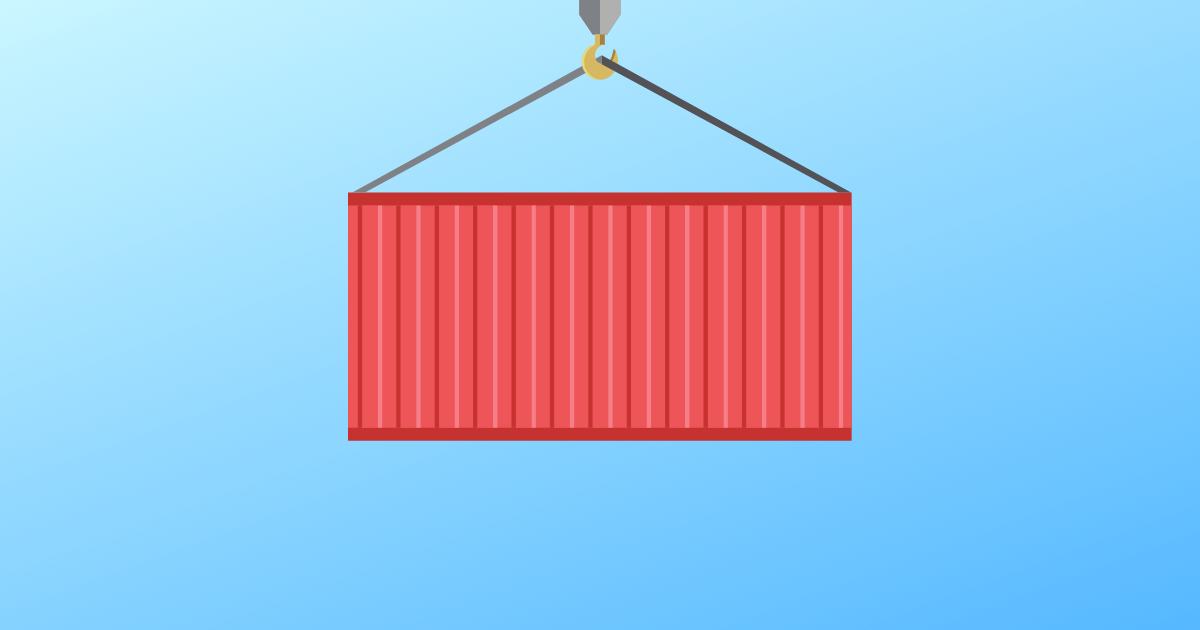As the world is gripped by a pandemic-induced supply chain crisis, Congress has relaunched the supply chain caucus to tackle the issue. The supply chain caucus, which was formed by Rep. Colin Allred as well as Rep. David Rouzer (R-NC), Rep. Rodney Davis (R-IL-13), and Rep. Angie Craig (D-MN), originally started at the onset of the COVID-19 pandemic but was relaunched in January.
“Supply chain slowdowns are impacting everyday life for folks across North Texas, and to get our economy back on track, Congress must work in a bipartisan way to strengthen our supply chain and end the disruptions we’ve seen as a result of this pandemic,” Allred said in a statement. “This shouldn’t be a partisan issue, and it’s why I am proud to help lead this bipartisan Caucus and craft solutions that will help reduce costs, create jobs and improve our supply chain across the board.”
Of course, it’s one thing to form a caucus to tackle the problem, it’s another thing to actually deal with it. Fortunately, there are real solutions that Congress can encourage or implement.
“In the short-term, the federal government can play a big role in encouraging common sense, even temporary, but common sense changes to some of the regulations if the industry operates under,” said Vinmar International President and CEO Vishal Goradia. Goradia cited the Port of Long Beach allowing containers to be stacked four high, even five high in certain instances, an increase from what was allowed before. This freed up space in a port facing a major backlog.
“A lot of these ports are locally owned, they’re owned by states or counties or cities,” said Goradia. “Because of that, the federal government is the only organization that can provide that natural guidance for similar types of common-sense changes that can have the most impact in the short-term.”
Solutions will also be needed in the long-term to ensure supply chain resilience. Goradia told the Signal that port modernization was the single most important thing that can be done to ensure future supply chain bottlenecks don’t occur. “Providing capital investment and expertise into bringing our port infrastructure up to a level where it can flexibly adapt to large changes in trade flow, that means both scaling up and scaling down, that to me is the most important long term priority.”
Indeed, the Biden administration has set aside $17 billion to upgrade America’s aging ports as part of the infrastructure bill. A major debate regarding port modernization is the role of automation. Automating ports can make them more efficient, but it brings up obvious concerns regarding displacing workers.
Whatever the supply chain caucus ends up doing, it is critical that they take action soon. “In terms of the supply chain caucus, it’s certainly critically important for economic health, and I would say even our national security,” said Goradia.
William serves as the Washington Correspondent for the Texas Signal, where he primarily writes about Congress and other federal issues that affect Texas. A graduate of Colorado College, William has worked on Democratic campaigns in Texas, Colorado, and North Carolina. He is an internet meme expert.





